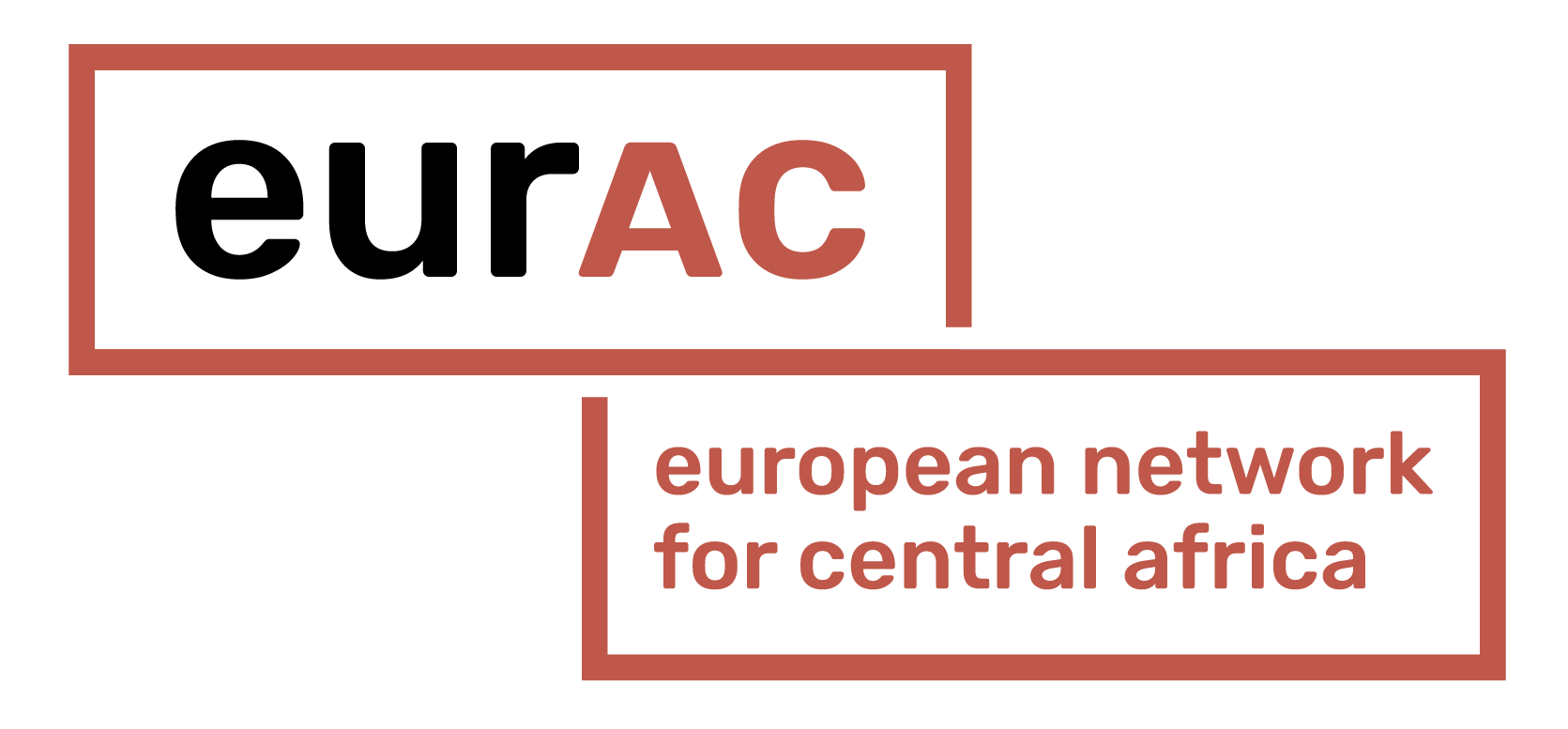DR Congo new presidency and Universal Periodic Review: urging the EU and its member states to issue strong recommendations on the human rights situation in the country.
EurAc and the CCPR-Centre regret that the implementation of DR Congo’s commitment during its last Universal Periodic Review (UPR) of 2014 is still not effective, especially regarding the opening of political and civic space. In view of the upcoming UPR, the European Union (EU) and its member states must reiterate the recommendations issued in 2014 and formulate new ones on matters of corruption and natural resources.
The fight against corruption and misuse of government funds was not addressed during the DRC's second cycle of the UPR. EurAc and the CCPR-Centre urge the EU and its member states to issue strong recommendations for the implementation of an effective zero tolerance policy to bribery and corruption as well as for the ratification of the African Union Convention on Preventing and Combating Corruption.
“Human rights violations will continue in the DRC as long as the fight against corruption and misuse of government funds will not be properly addressed and those responsible prosecuted” said Brune Mercier, EurAc’s director. “This is particularly relevant for the management of natural resources, an economic sector that has great potential but has benefited a few so far”, Mrs Mercier added.
Indeed, the sustainable and fair management of natural resources should also be addressed more extensively during the third UPR for the DRC. The country is rich in natural resources, but armed conflicts, political turmoil and opaque governance have so far impeded the sustainable and equitable use of the wealth produced by the exploitation of natural resources.
The DRC should address the impunity of individuals and corporations responsible for corruption and bribery in the mining sector, while ensuring that that local communities consent to and benefit from existing and new mining projects. Access to land is crucial as a large part of the Congolese population depends on the exploitation of natural resources, either through agriculture or mining. The DRC should also see that the rights of access to land for the Pygmy people of the DRC are duly guaranteed.
In 2018, the DRC approved a new mining code that should provide local communities with larger benefits from the exploitation of minerals and that could, through increased taxation, contribute to the welfare of Congolese citizens. This new mining code should be applied at once.
The EU and its member states must also seize this opportunity to remind the government of the DRC of the commitments made during the second UPR, as very few of the measures appear to have been implemented; especially those regarding the rights of freedom of opinion and expression, including peaceful assembly and association, the respect and promotion of press and media freedom as well as the protection of human rights defenders.
- For more details, see EurAc’s and CCPR-Centre policy brief discussing the situation in the DRC in the context of the UPR and recent political changes.
About EurAc
Created in 2003, the European Network for Central Africa (EurAc) gathers member organisations from civil society in several European countries. These organisations work on and in the Great Lakes region. They support civil society organisations in Burundi, the Democratic Republic of Congo (DRC) and Rwanda in their efforts to promote peace, the defence of human rights and development. EurAc’s mission is to carry out advocacy work towards the European Union (EU) to ensure a strong, coherent and sustainable engagement by the EU and its member states, integrated to a regional approach, in order to help the Great Lakes region build a better future.
About the CCPR-Centre
The Centre for Civil and Political Rights (CCPR-Centre) works to promote the participation of NGOs in the work of the Human Rights Committee. By raising awareness, strengthening the capacity of the NGOs and providing technical and legal support at all stages of the reporting process and the individual complaint procedure. One of the CCPR-Centre's priorities is promoting the use of the Human Rights Committee's follow-up procedure. The CCPR-Centre also aims at ensuring that the work of the Human Rights Committee is fully taken into account in the framework of the Universal Periodic Review (UPR) established by the Human Rights Council. The CCPR-Centre targets national and regional NGOs, as well as thematic NGOs whose mandates relate to the ICCPR.

